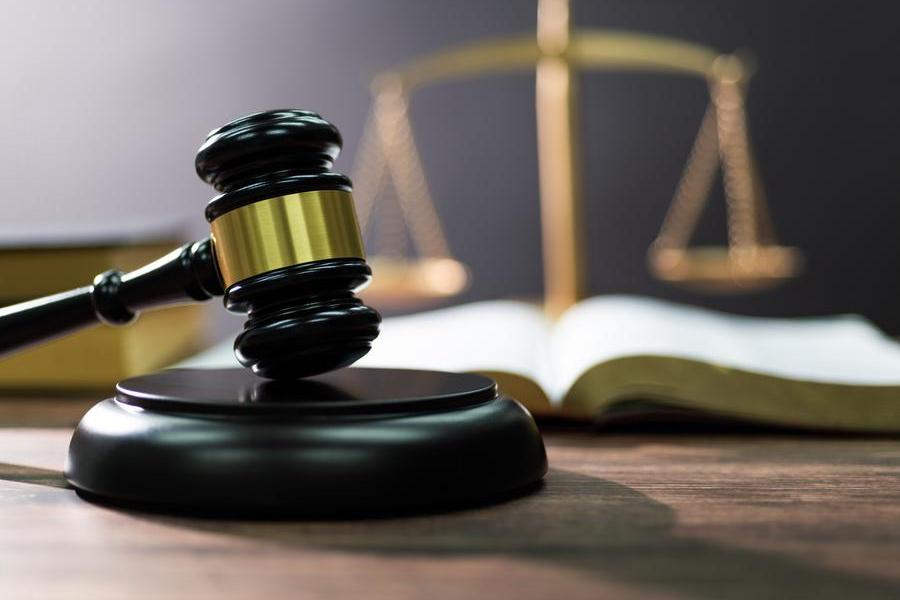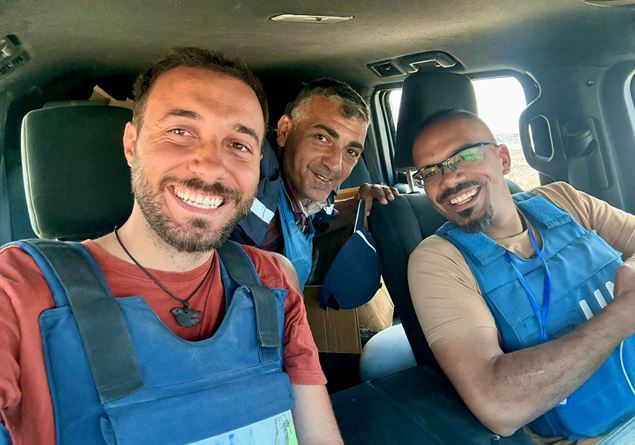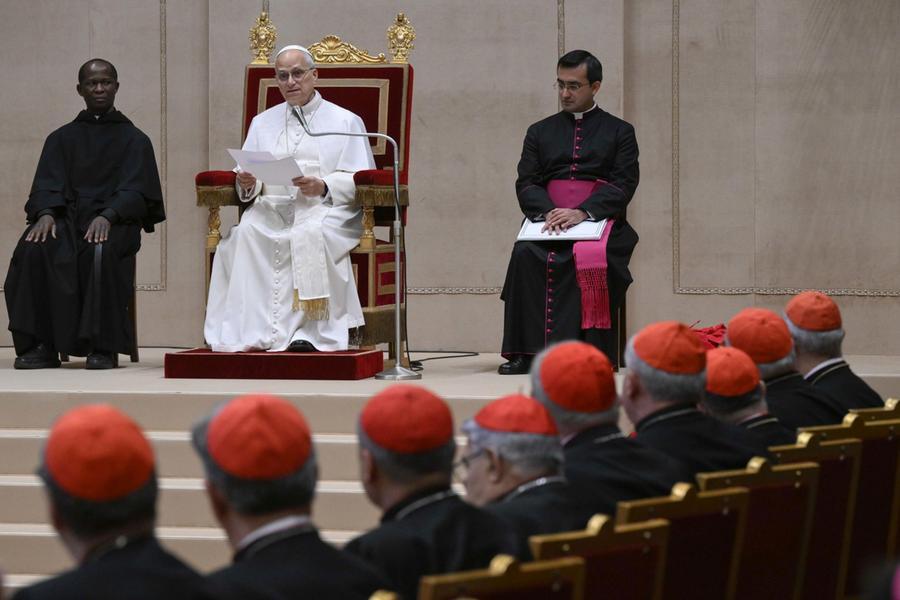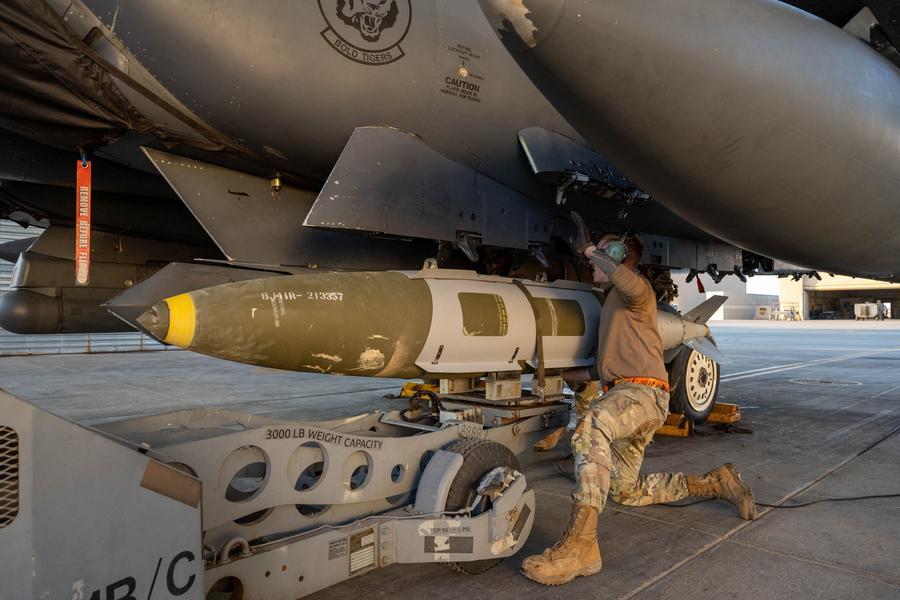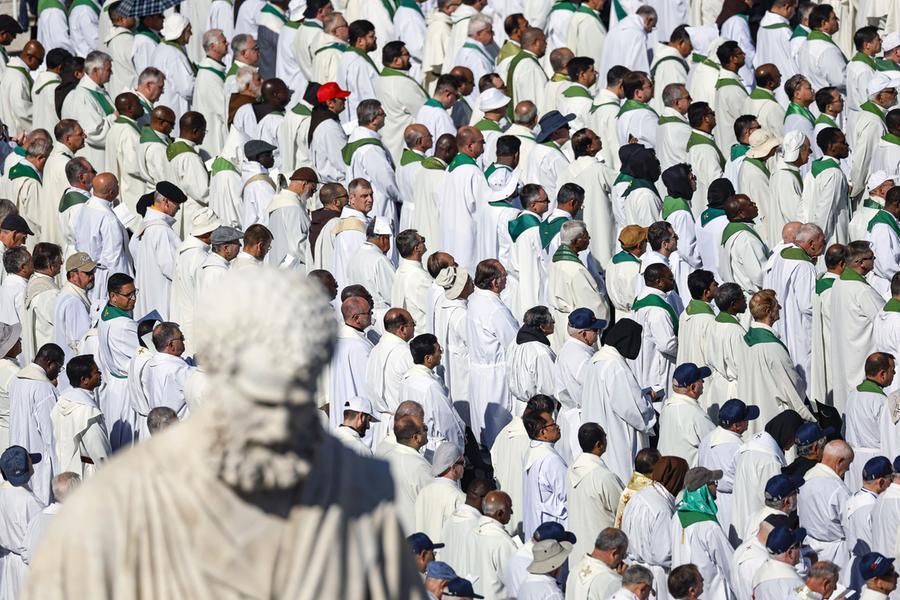«I can no longer return to Gaza because Israel has refused me entry. I reported day by day what was happening in the Strip and this evidently annoyed the Israeli government.” It is the testimony of Gennaro Giudetti, humanitarian worker who worked for the United Nations in the Strip from February to September. He also wrote the book with Angela Iantosca With them like them (Paoline) on his long experience in war zones and international crises.
Giudetti, Israel and Hamas have reached an agreement for the “first phase” of the peace agreement with the suspension of the attacks and the release of the hostages still in the hands of Hamas. What is your opinion of this plan?
«It does not involve the Palestinians and any plan for the future of Gaza and Palestine without the involvement of the Palestinian people is bound to end badly. There cannot be Americans, Europeans and Israelis at the table or a person like Tony Blair who will have to be the manager of the Strip. The Palestinians are capable of managing it on their own, we don’t need a person from the West who is a spy for a colonialist mentality that doesn’t work and is of no use.”
Why can’t he return to Gaza?
«The Israeli government refused my visa. The international press cannot enter the Strip, Palestinian journalists are not believed because they are immediately branded as belonging to Hamas and, sometimes, they are even killed. The only ones who speak are us international humanitarian workers. But whoever speaks up, like I did, is expelled and never allowed to return.”
Now what will he do?
“I will travel around Italy to tell what I have seen in Gaza in recent months.”
What situation did he leave behind in the Strip?
«Very dramatic, starting with Gaza City. What can be transmitted via social media and newspapers is always a small part. Even I myself struggle to explain why the risk is to fall into splatter. Most humanitarian organizations have reduced their activities and in Gaza City almost all of them have closed because they can no longer work. The city has been surrounded and bombings are frequent. It is impossible to move from North to South. There is a lack of services, they have cut off water and electricity is a problem due to the shortage of fuel supplies needed for electricity generators both in hospitals and in desalination plants. The food does not come in, or always comes in fits and starts, and in any case it is insufficient to feed the population. The same goes for medicines and other instruments such as incubators or anti-tumor drugs, sometimes they don’t allow crutches, lung ventilators. Israel does this on purpose to slow down or impede the work of humanitarian workers.”
How was the Global Sumud Flotilla perceived by the Palestinian people, which is so much discussed in Europe and which sparked a great mobilization in the streets?
«The mission worked, even if it ended the way it did, because it shone a big light on Gaza. But now we need to keep keeping it on. The real heroes are not us humanitarian workers nor the Flotilla activists but the Palestinian people who live in the Strip. The street mobilisations, the demonstrations, the Flotilla itself which has done an extraordinary job are, and must continue to be, an instrument and not the end”.
What has impressed you most in these months of mission?
«The degree of destruction in the Strip. I have been working in war situations for fifteen years, I have been to Syria, Yemen, Afghanistan, Congo, Central Africa, Haiti, but the destruction and violence I saw in Gaza is something beyond imagination with snipers shooting children in the heads. What hatred do you have to harbor to aim and hit a child? 95 percent of Gaza is an open-air pile of rubble. My hope is that in Italy, in Europe, in the world we continue to talk about this massacre and the Palestinian people are not abandoned to themselves.”



